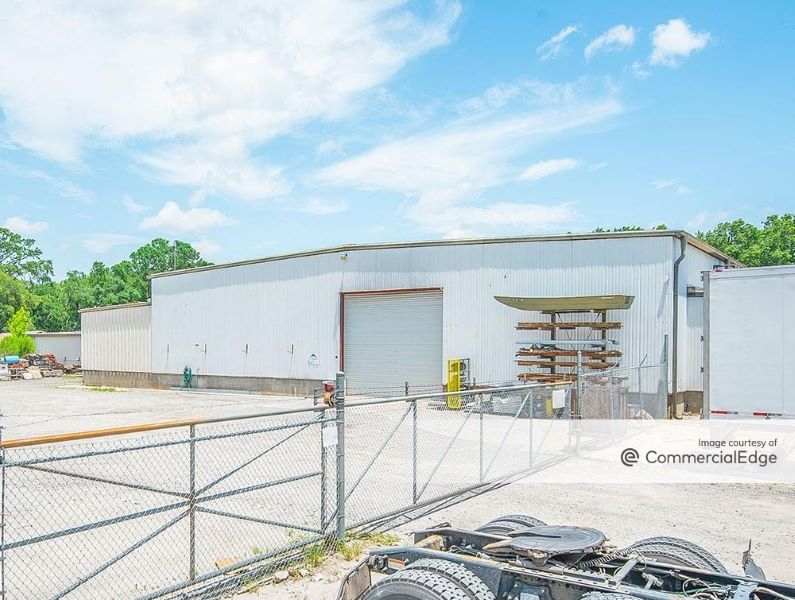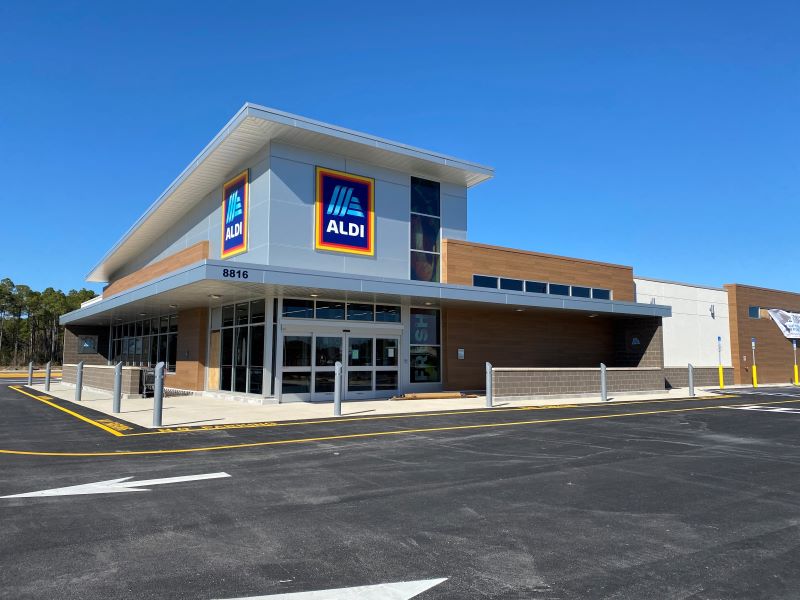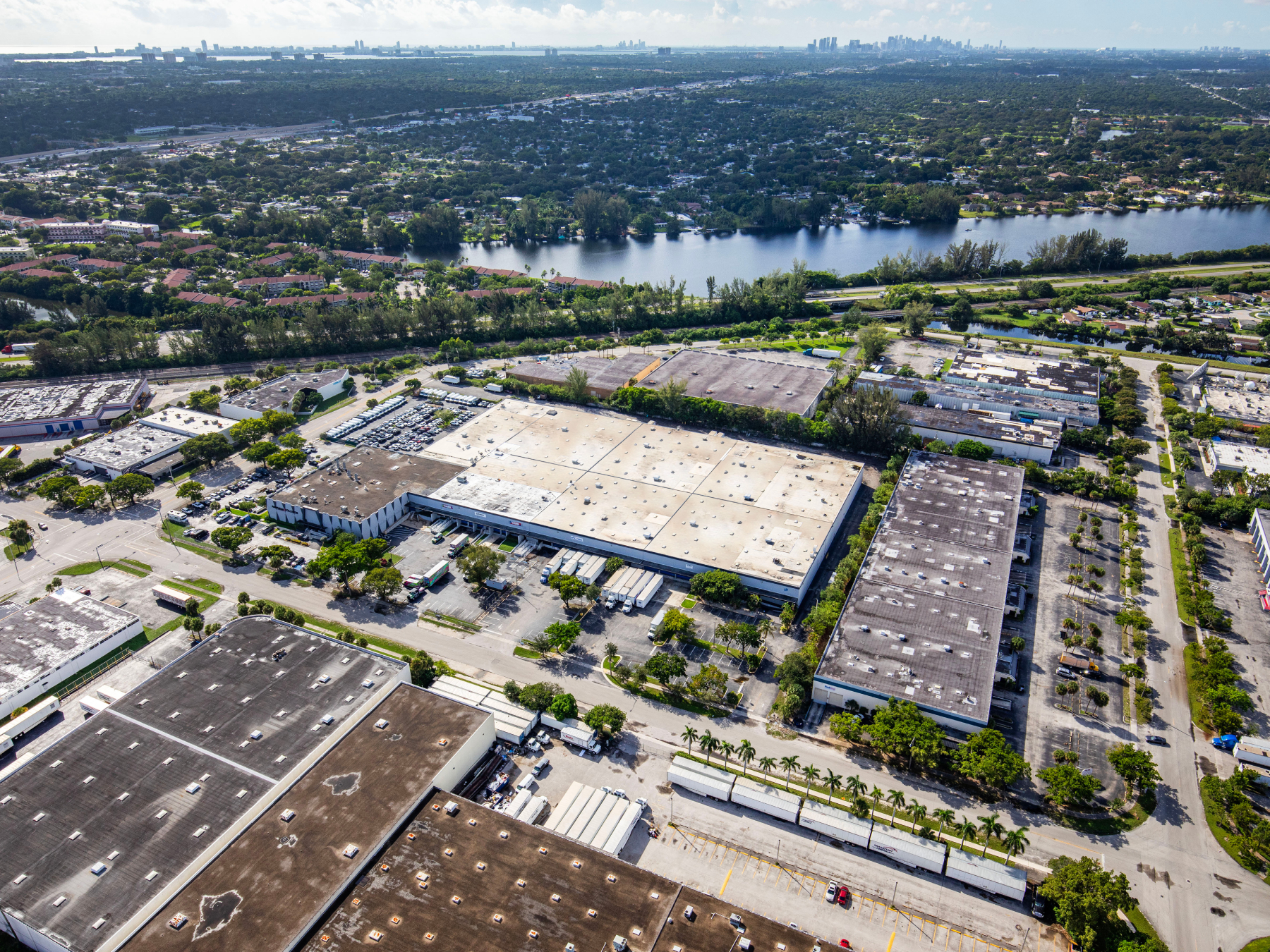Property Tax Relief for the COVID Years
Strategies for getting value adjustments on assets impacted by the pandemic, from attorney Cynthia Fraser.

Last January I penned an article for this publication titled: “Will 2021 Bring Property-Tax Relief?” I never imagined we would enter a second phase of outbreaks and continued economic fallout related to COVID-19.
Because most states assess property for taxes as of Jan. 1 each year, last year’s assessments did not reflect the pandemic’s catastrophic impact on real estate in 2020. This year, as jurisdictions certify tax rolls to reflect real market values as of Jan. 1, 2021, property tax relief may depend on the taxing jurisdiction’s recognition of external obsolescence due to COVID-19.
Businesses and commercial properties in my hometown of Portland, Ore., are still suffering from not only work-from-home policies and social distancing mandates related to COVID-19, but also the long-term effects of civil unrest downtown following the death of George Floyd. While downtown experienced a glimmer of revival this summer, many once-vibrant small businesses and restaurants remain boarded up or vacant. Whether from COVID-19 or riots, these external influences affected property market value during 2020.
Across the nation, many companies have extended remote-work policies through the end of the year, leaving office buildings a ghostly reflection of their bustling heydays and slowing recovery of commerce dependent on office worker customers.
A visible occupancy decline for commercial real estate that housed offices, restaurants, small retail stores and hotels should be hard to ignore. Unfortunately, tax assessors have been reluctant to recognize these realities when assessing taxable property value, even when the marketplace reflects downward trends.
Obtaining relief will require the taxpayer to effectively document the market impact of COVID-19 during 2020 and into 2021. Their focus should be on the market, property class, rents, vacancies and property sales, as well as the property characteristics that tenants and investors were seeking on the date of value, Jan. 1, 2021. The following paragraphs cover key points to consider.
Will Workers Return to the Office Full Time?
The office market may undergo the most significant long-term adjustments to the pandemic. In fact, office changes that started in 2020 will continue into this next tax year. The shrinking of office footprints appears to be lasting as remote work becomes acceptable and, in fact, necessary to attract and keep talent.
Younger office workers in particular are voicing a strong desire to work from home permanently or part-time. The reality is that most office workers have gotten off the merry-go-round of spending 12 hours of each day commuting and working. Walking to the kitchen table or a bedroom office with coffee in hand has its appeal to many.
Work from home may be a necessity for many with younger children at home. During 2020, most schools and daycare facilities closed completely, leaving parents no choice but to pivot to full-time daycare on top of work.
Likewise, in 2020 businesses began projecting space needs going into 2021. In Portland, mass transit operator TriMet polled its workers and found an overwhelming aversion to a return to the office. Accordingly, the public agency reduced its office footprint, redesigned workspaces to accommodate “hoteling” or shared workstations, and allowed many employees to permanently work from home. The private industry is quietly following suit, as 2021 shows no real slowdown in COVID-19.
The Hotel Industry Languishes
Perhaps no other industry has been harder hit than the hotels and conventions industry that collapsed in 2020. Not only did pleasure travel come to a standstill, but Zoom meetings and virtual conventions replaced business travel to become the new normal in 2021. The result was high vacancy in 2020 and lingering uncertainty over how long these properties will continue to be underutilized, sending a ripple effect through other commercial spaces.
The Market Wild Card: Housing
The wild card for 2020 was housing. Single-family homes across the nation saw exponentially rising prices that should make a tax assessor’s heart soar. However, rent moratoriums for most of 2020 devastated some landlords. Documenting the costs associated with nonpaying renters, including higher management fees for evictions, may be used for challenging this past year’s taxes. Rent moratoriums are an external market force outside a landlord’s control, making them an incurable, negative external factor.
Demonstrating External Obsolescence
When requesting a lower assessed value for 2020, taxpayers should be ready to show how pandemic effects contributed to external obsolescence for their properties, requiring a depreciation adjustment to real market value. It will be important to address not only how changing occupier demand is affecting values in that property type but also the real estate’s location and the degree to which its value depends on the surrounding submarket.
Identify all external factors, including those addressed in this article that impacted the property in 2020. These are economic influences outside the taxpayer’s control and create an external obsolescence to the property that is incurable.
Appraisers recognize external obsolescence as an acceptable valuation adjustment to a property’s market value. The Appraisal of Real Estate, published by the Appraisal Institute, recognizes the term and its application as a form of depreciation.
External obsolescence can be temporary or permanent and has a marketwide effect that typically influences an entire class of properties. This depreciation or obsolescence adjustment can be applied on a year-by-year basis to reflect the impacts of COVID-19 on the real estate for 2020.
Any assessor’s argument that there may not be long-term impacts on the real estate is irrelevant to the 2020 assessment year when using an external obsolescence adjustment. For tax year 2020, at least, there can be no doubt that the majority of commercial real estate was hit hard by the pandemic and merits an external or economic adjustment. When approaching the assessor to request a value reduction for 2020, come prepared with economic market data to support an external obsolescence adjustment.
Cynthia Fraser is a shareholder at Foster Garvey PC, in the firm’s Portland, Ore., office, and is the Oregon Representative of American Property Tax Counsel, the national affiliation of property tax attorneys.







You must be logged in to post a comment.